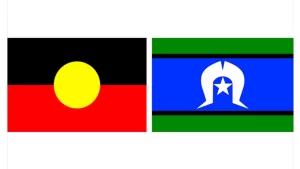Libido is our drive or sexual desire, often this is not constant throughout a lifespan. Many factors can affect our libido, and often a couples drive isn’t exactly the same.
Summary
- Biological factors like hormonal changes, medications, depression, and cancer can affect male and female libido.
- Female libido can be affected by pregnancy & post natal issues, vaginal dryness, and even PMS.
- Relationship stress can play a large part in a libido change.
- There are different libido archetypes, which helps explain why some people feel more sexual compatible.
- Sex therapy can help when you and your partner have a difference in libido.
- Sex therapy also can help if you are confused why you lost your libido, or how to get it back.
Loss
A loss of libido can make you feel not like yourself. It can also be incredibly frustrating for you and your partner. If this is the case, learn how to get the desire back and feel more like you. Divorce, body image, stress, illness of your partner, and change in sexual functioning can affect men and women.
Difference
A disparity in libido for any couple can also be very frustrating. The solution isn’t necessarily making one person to be more like the other, but rather how can two people mutually achieve a good enough sex life and be happy.
Ask Yourself
- What does sex mean for you?
- What are your wants & needs?
- Does your partner know how to satisfy you?
- How often would you like to have sex, is this different to how often you realistically can have sex?
Citation: Health Direct, https://www.healthdirect.gov.au




